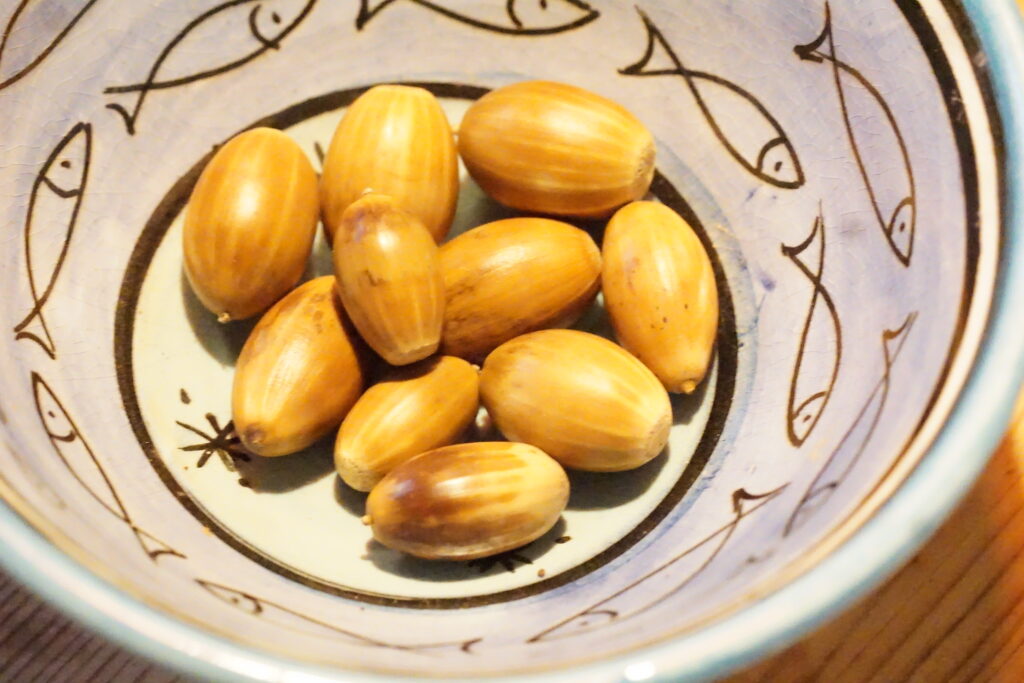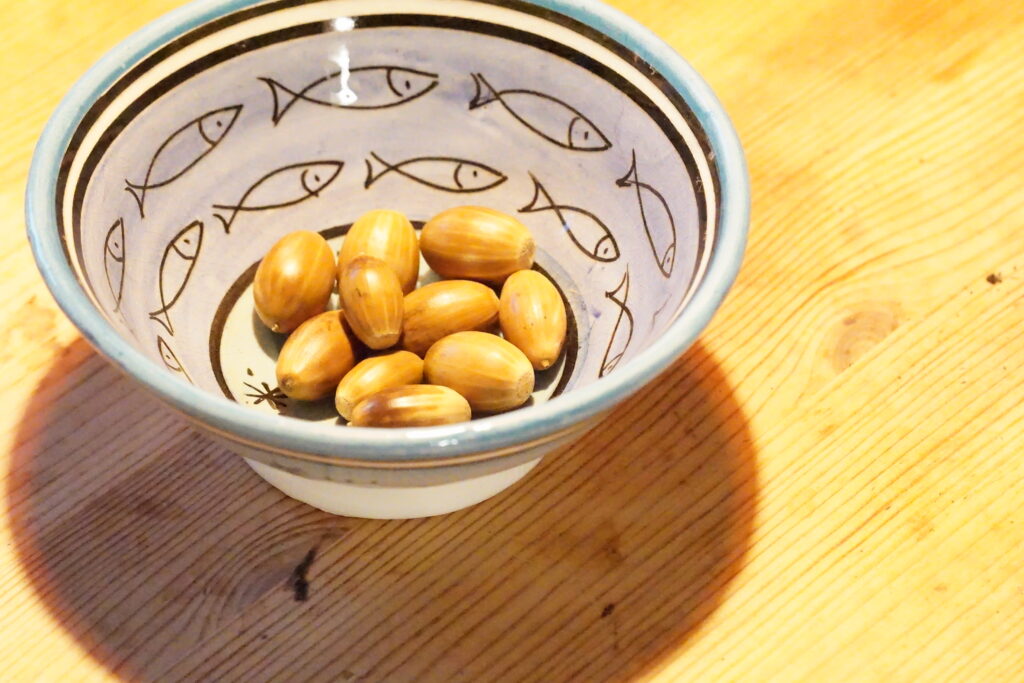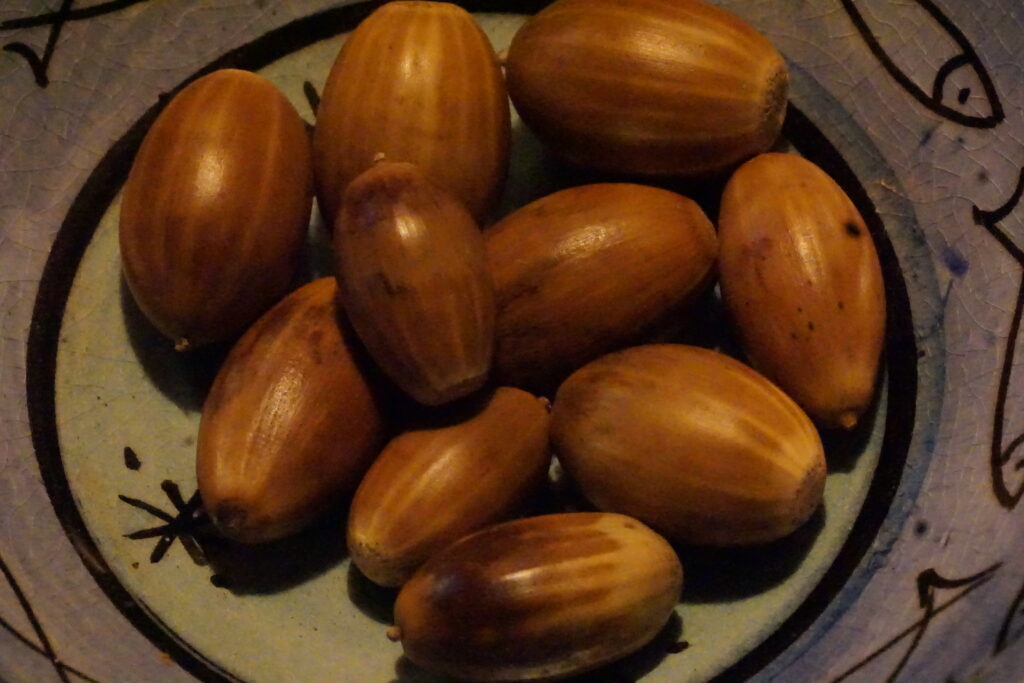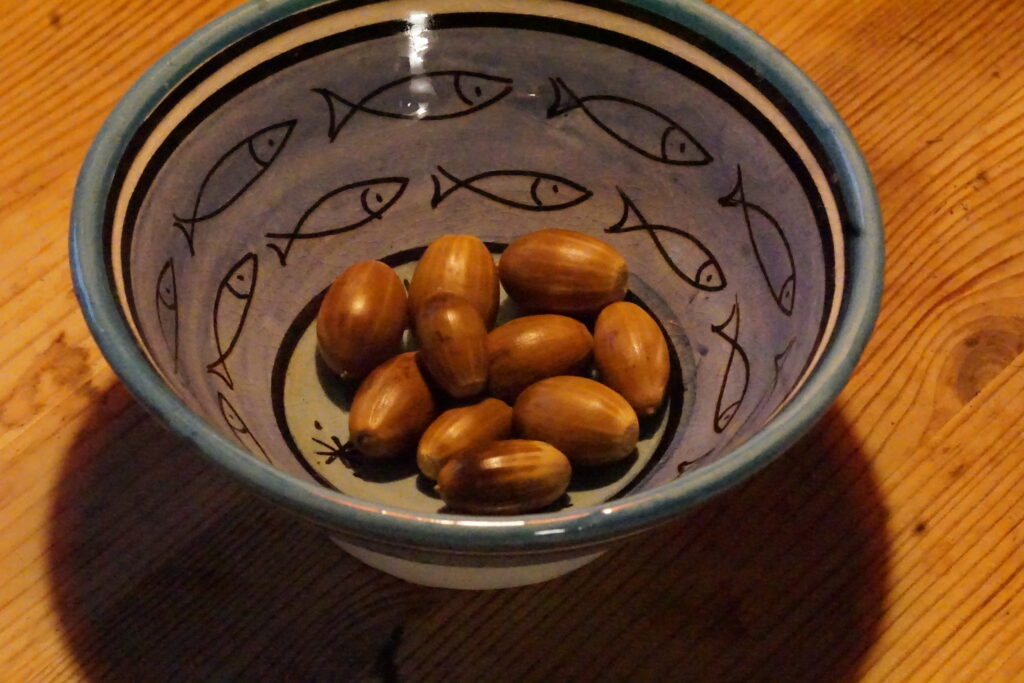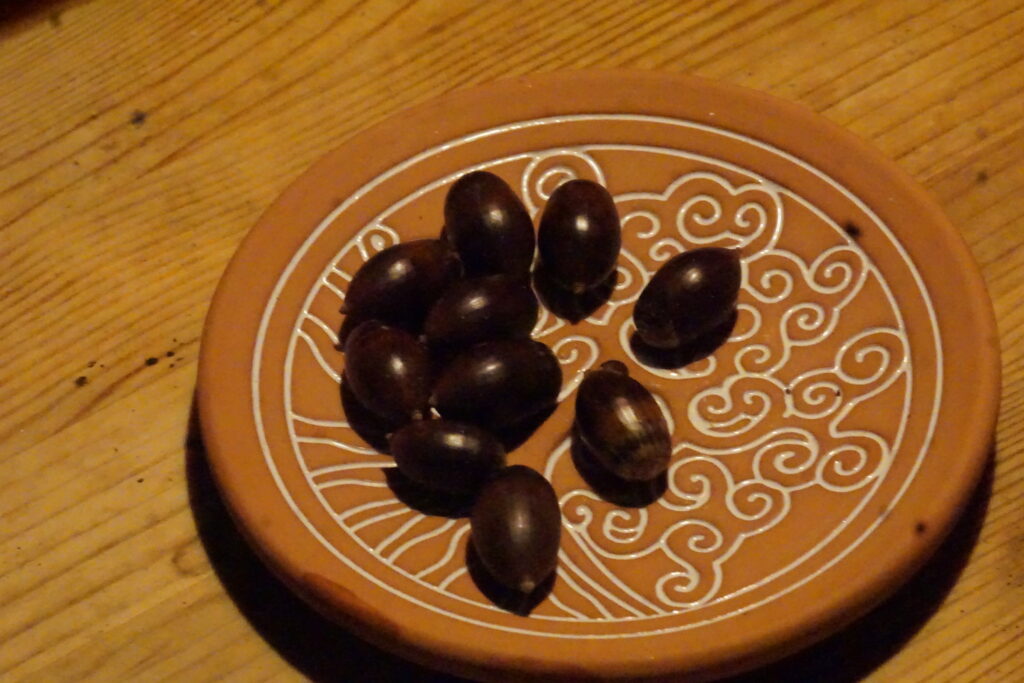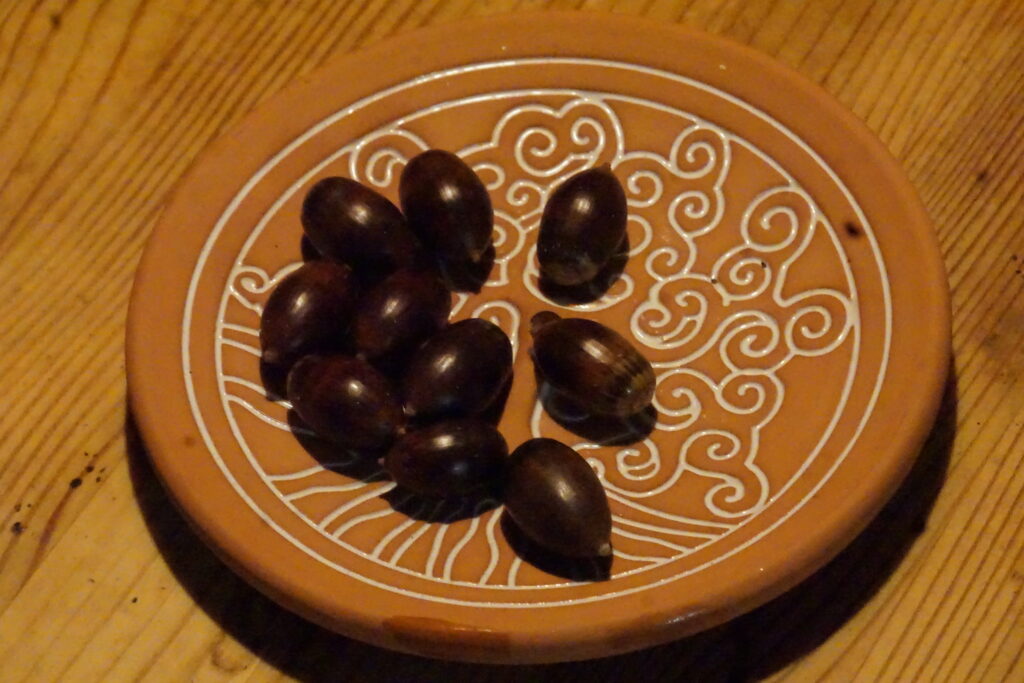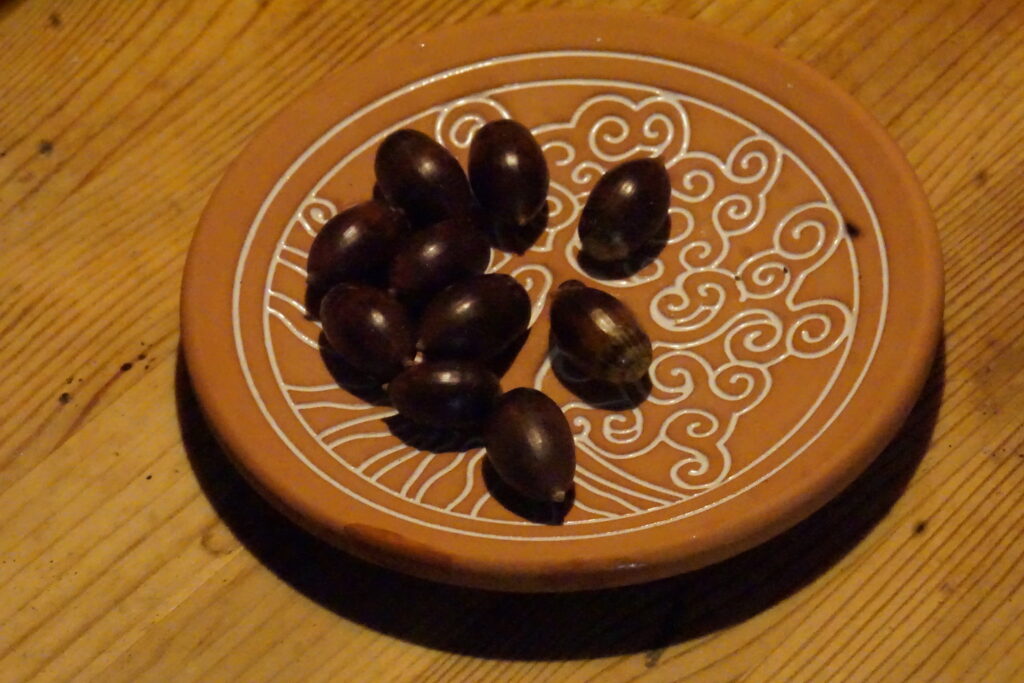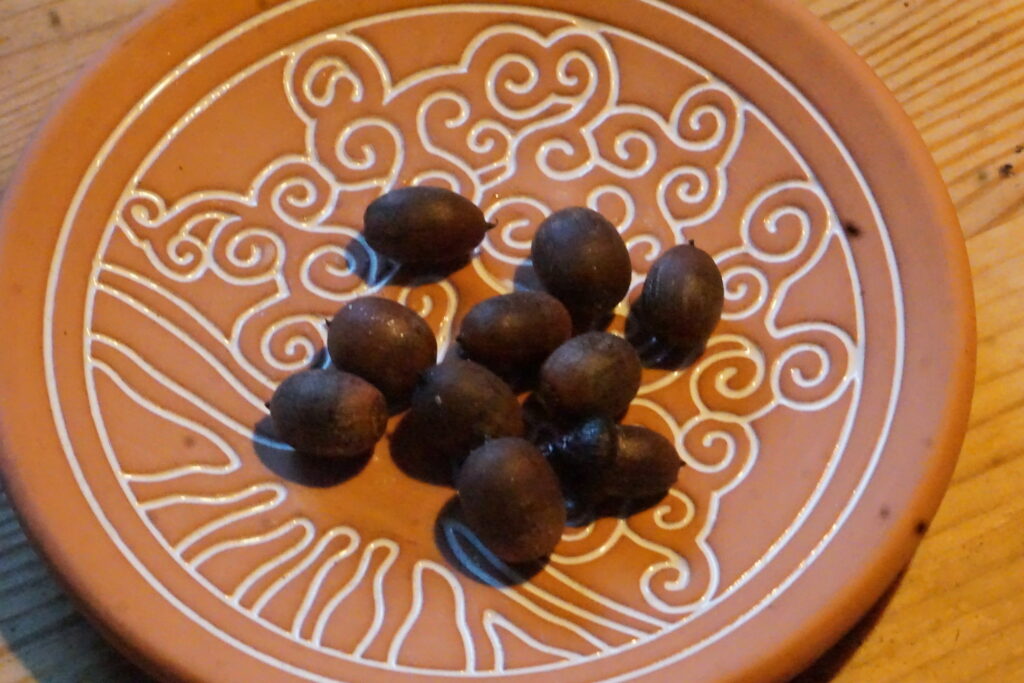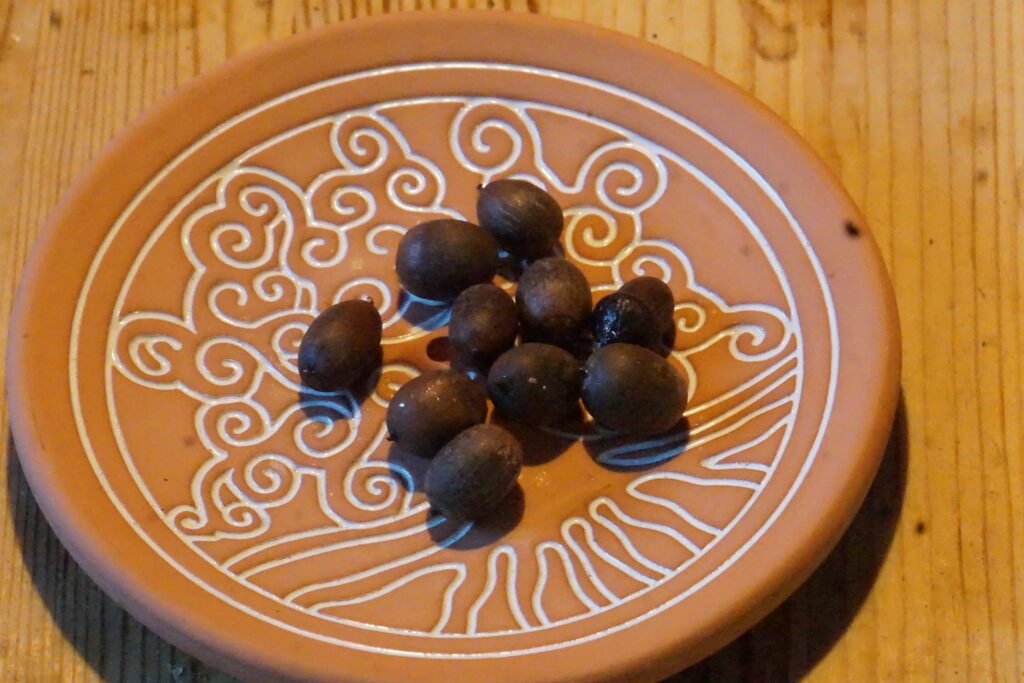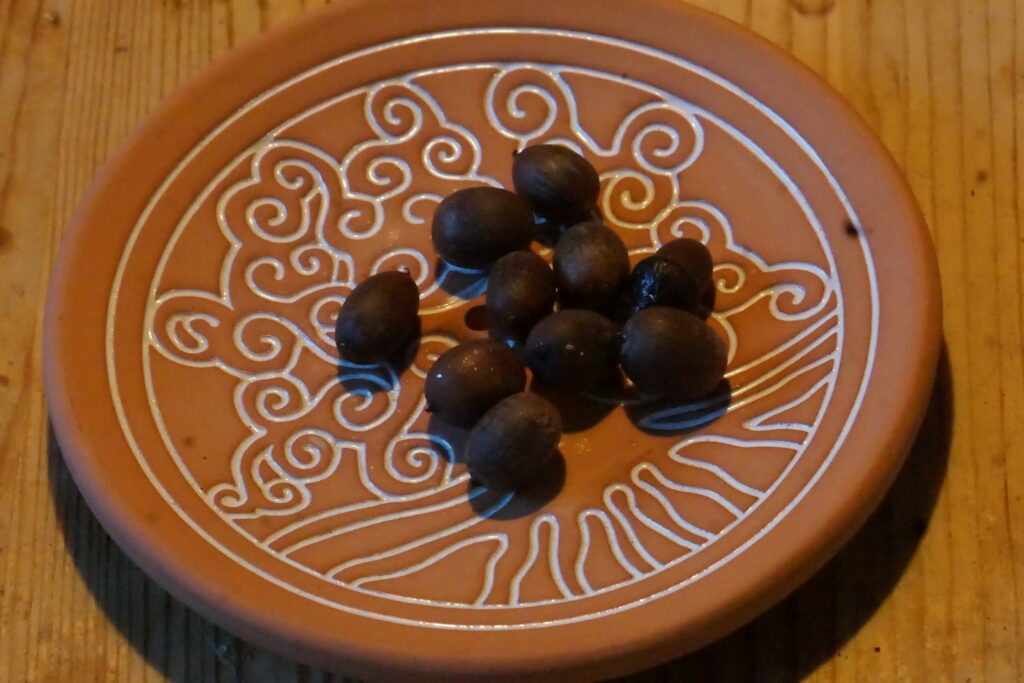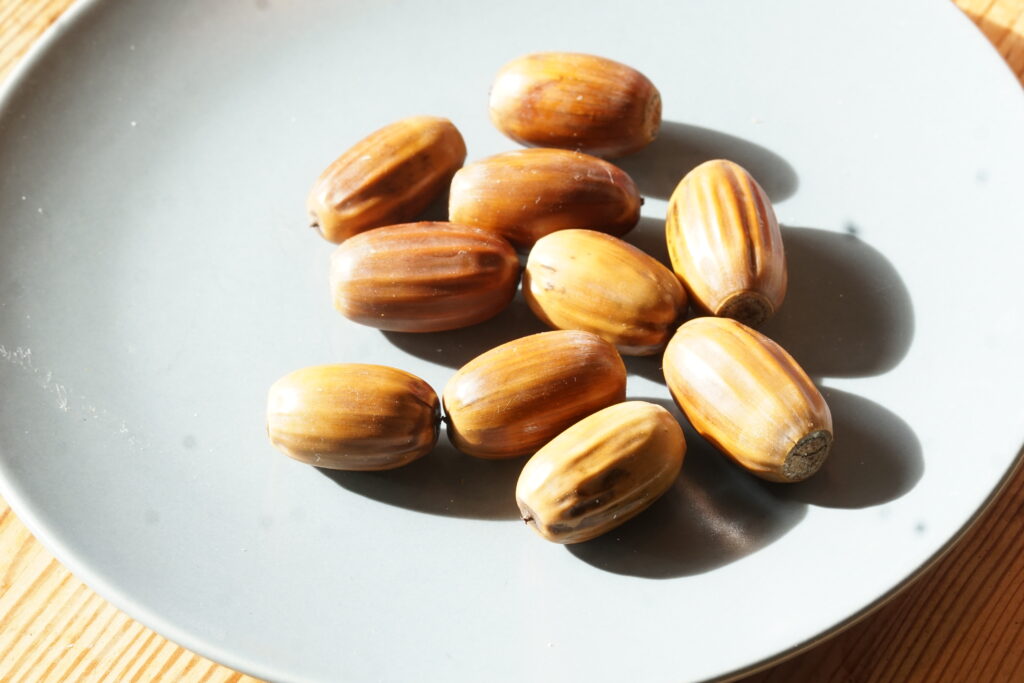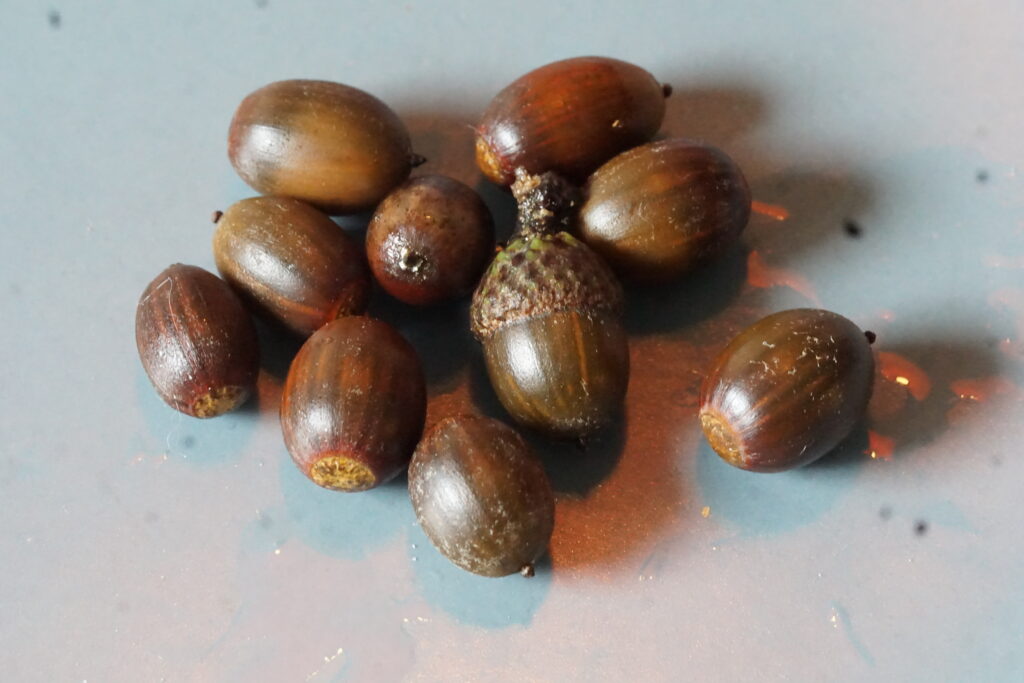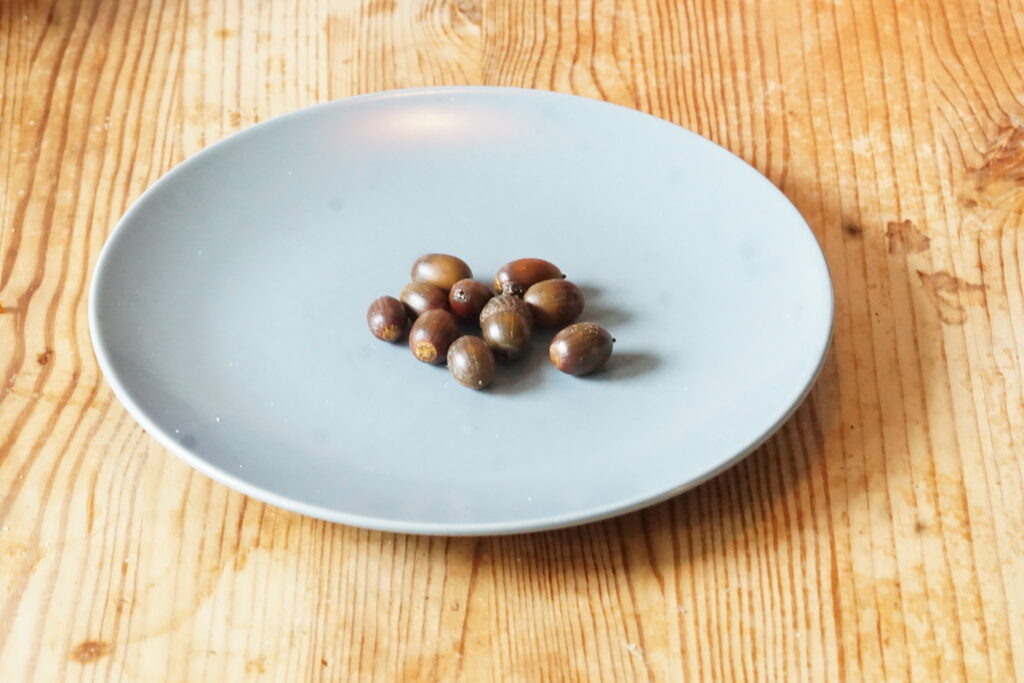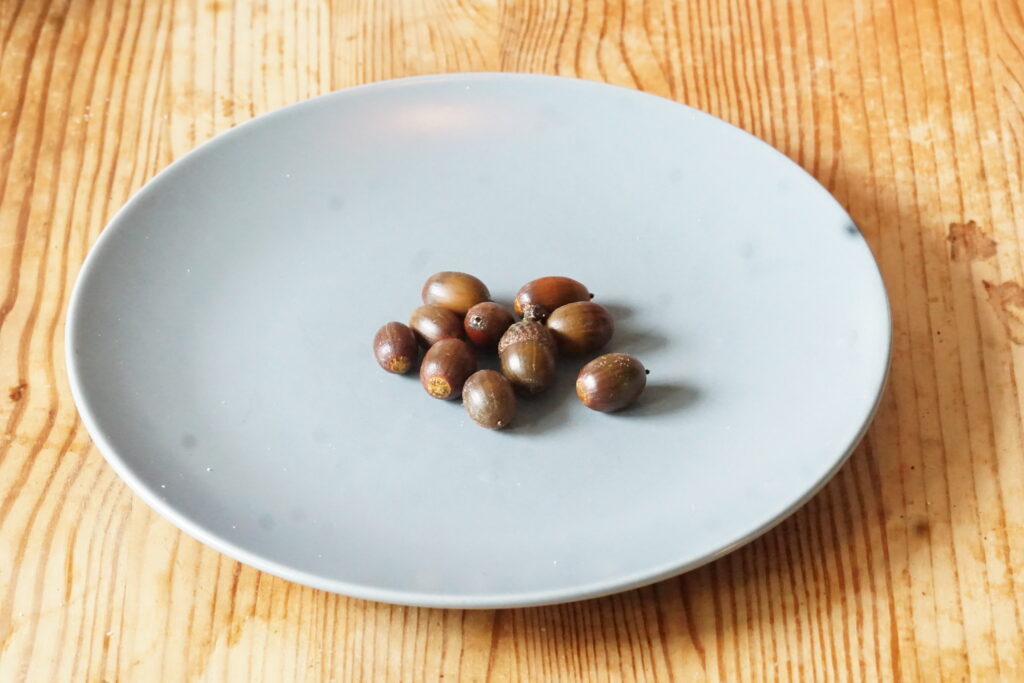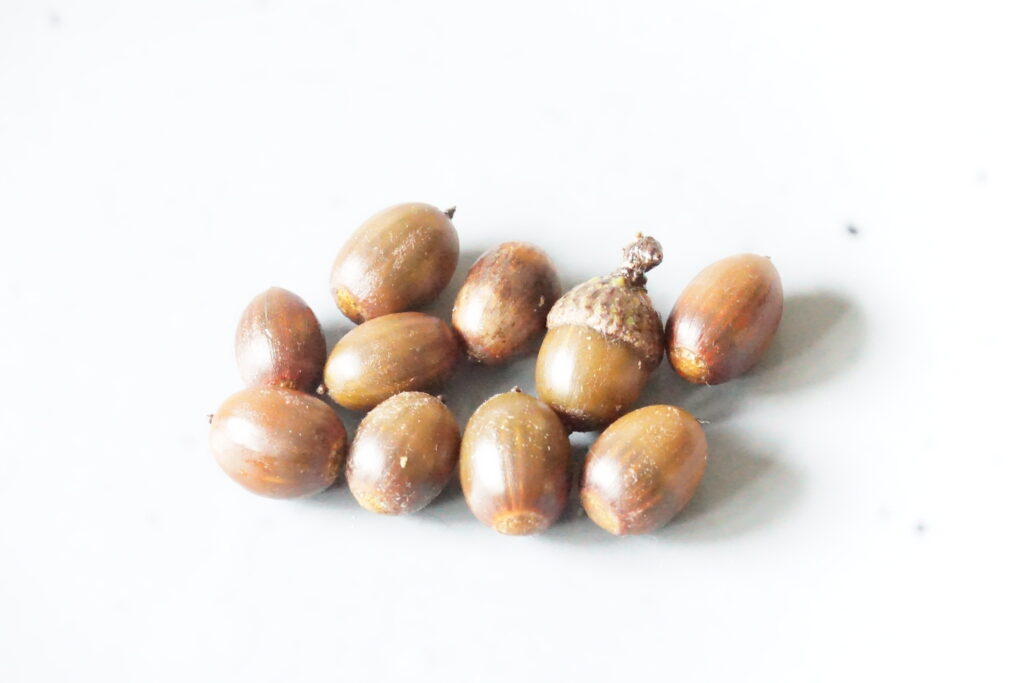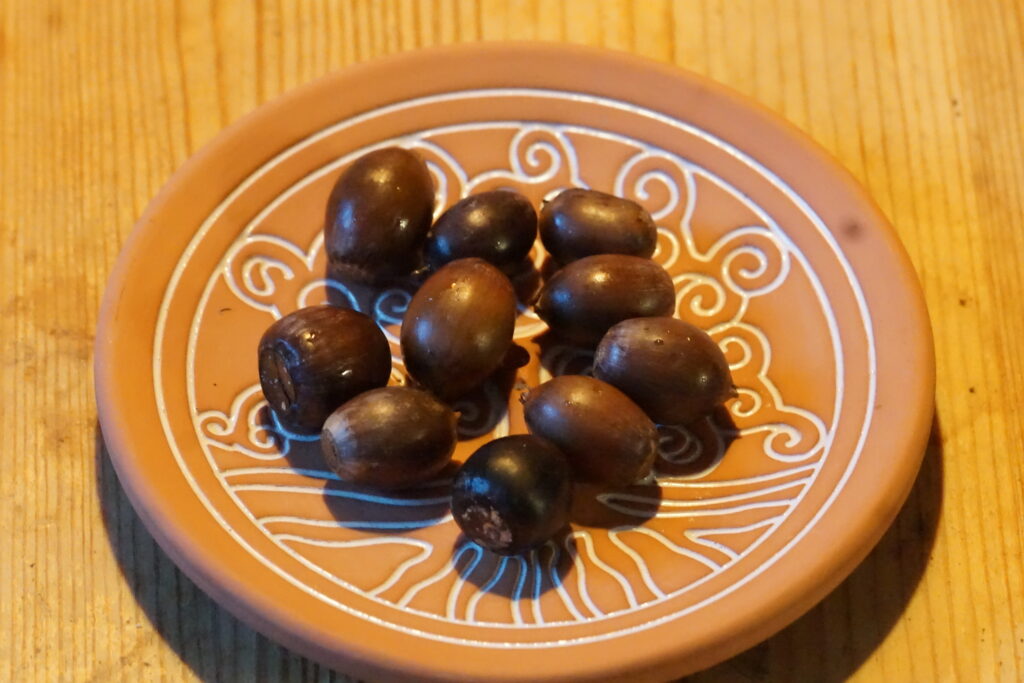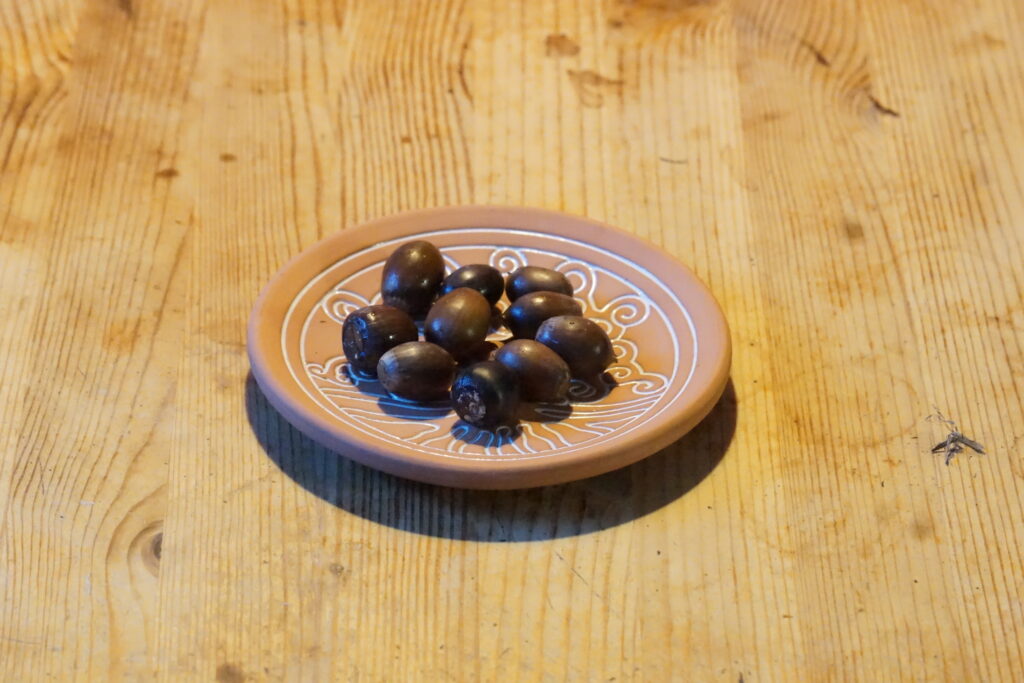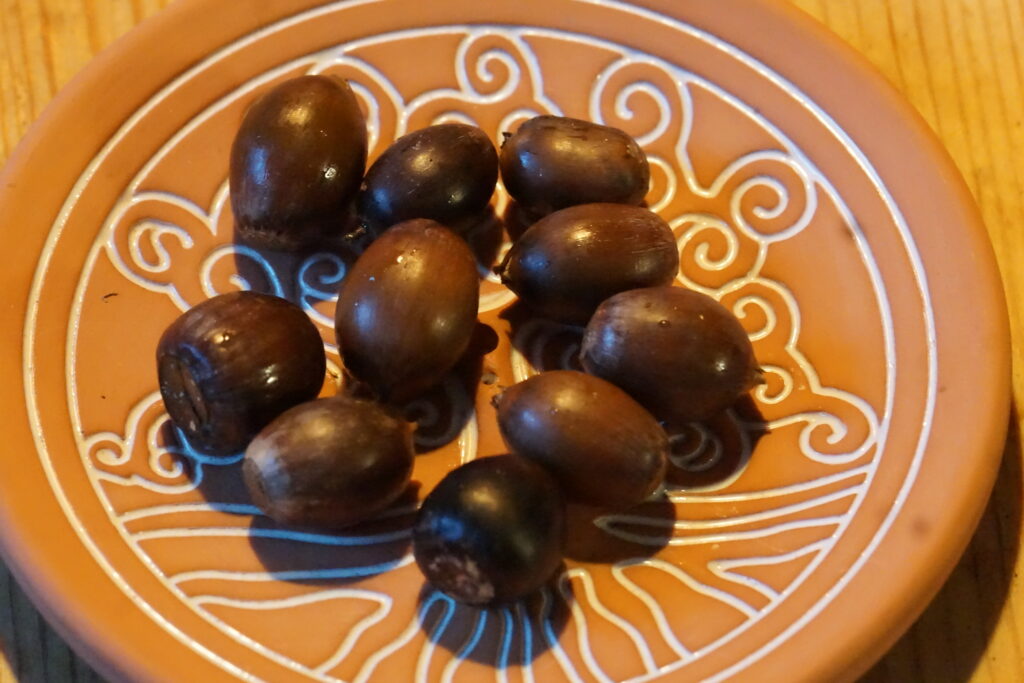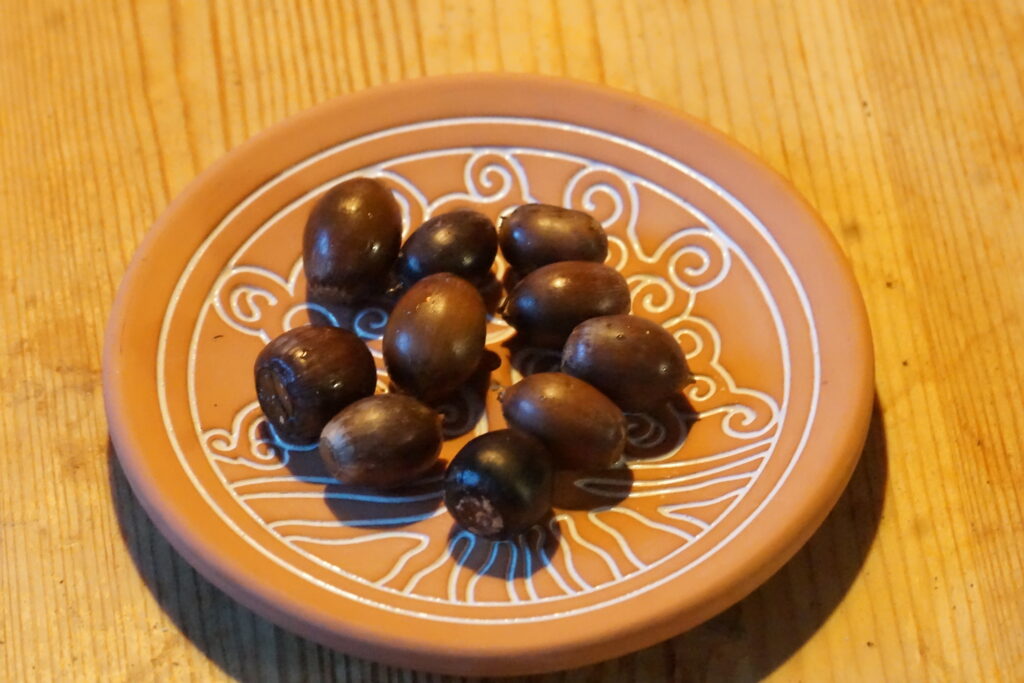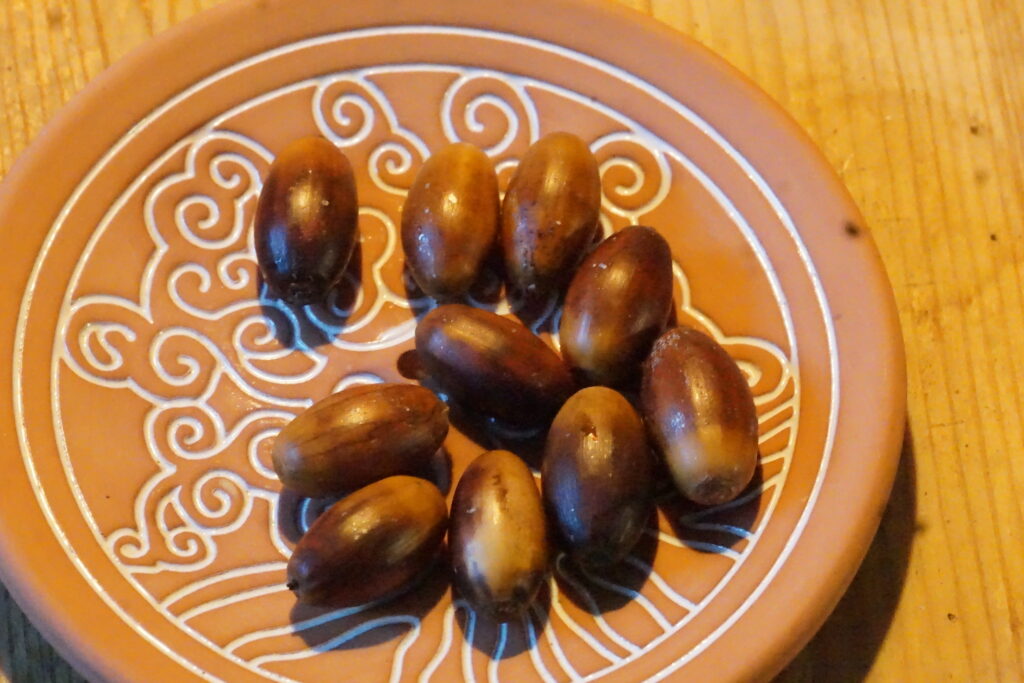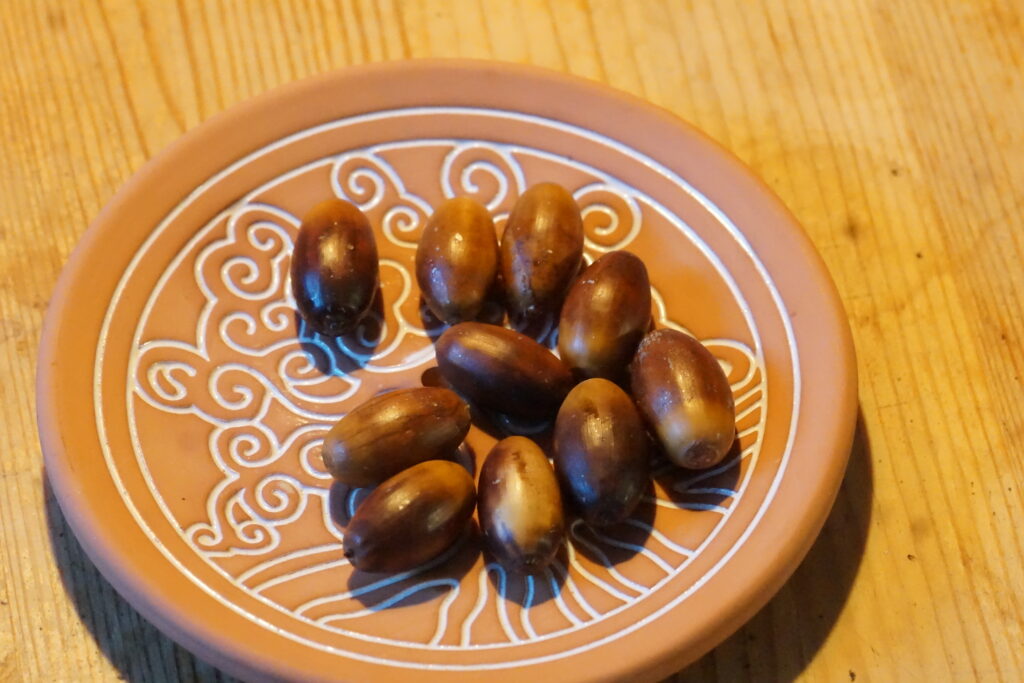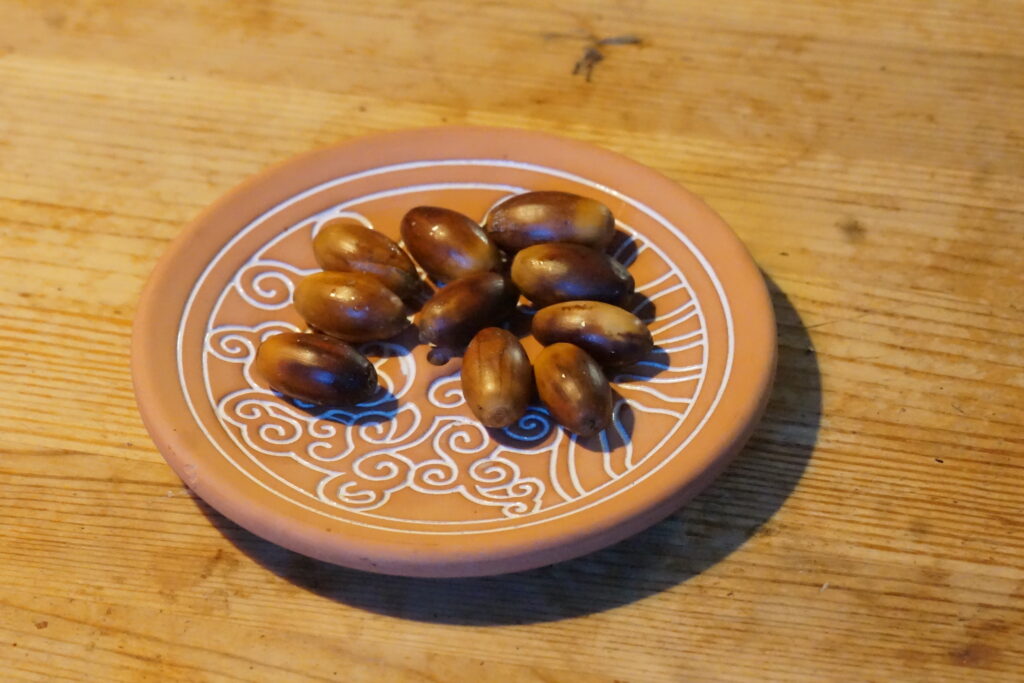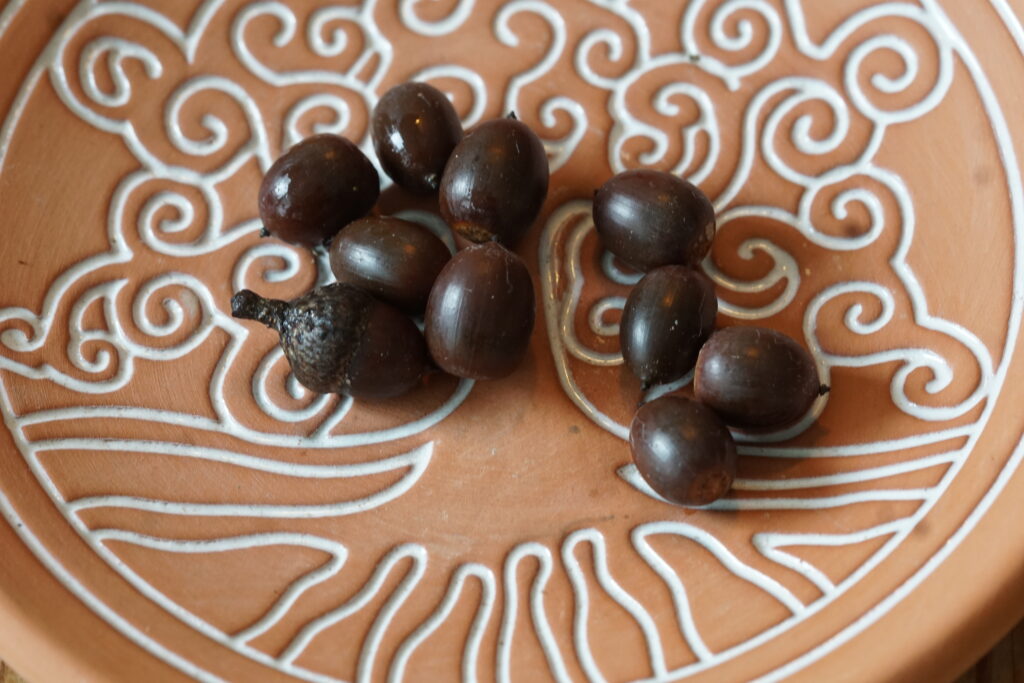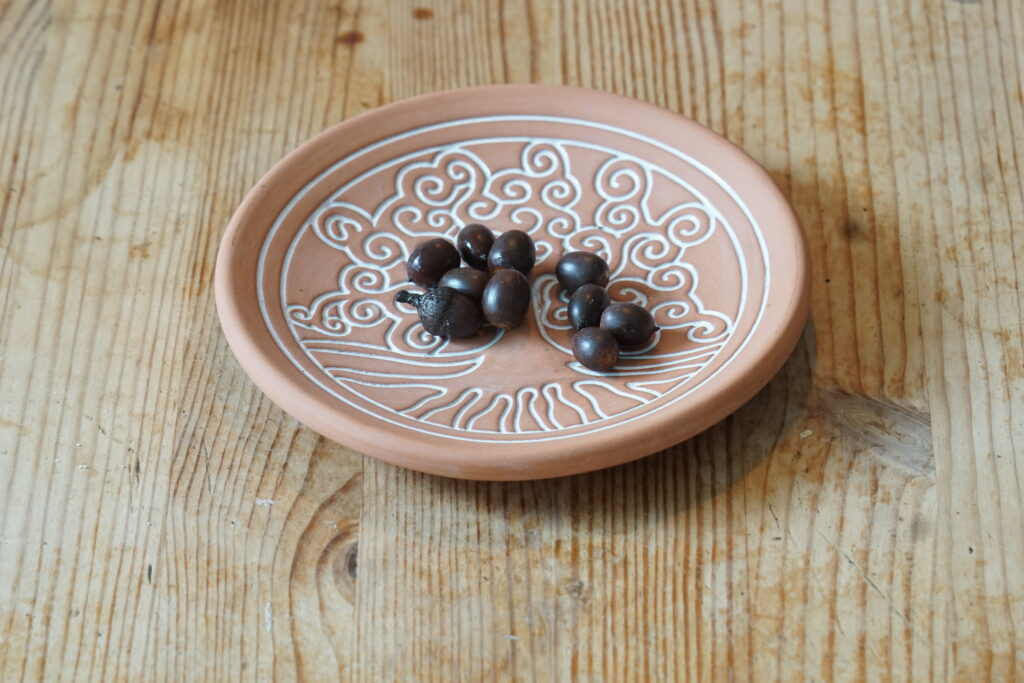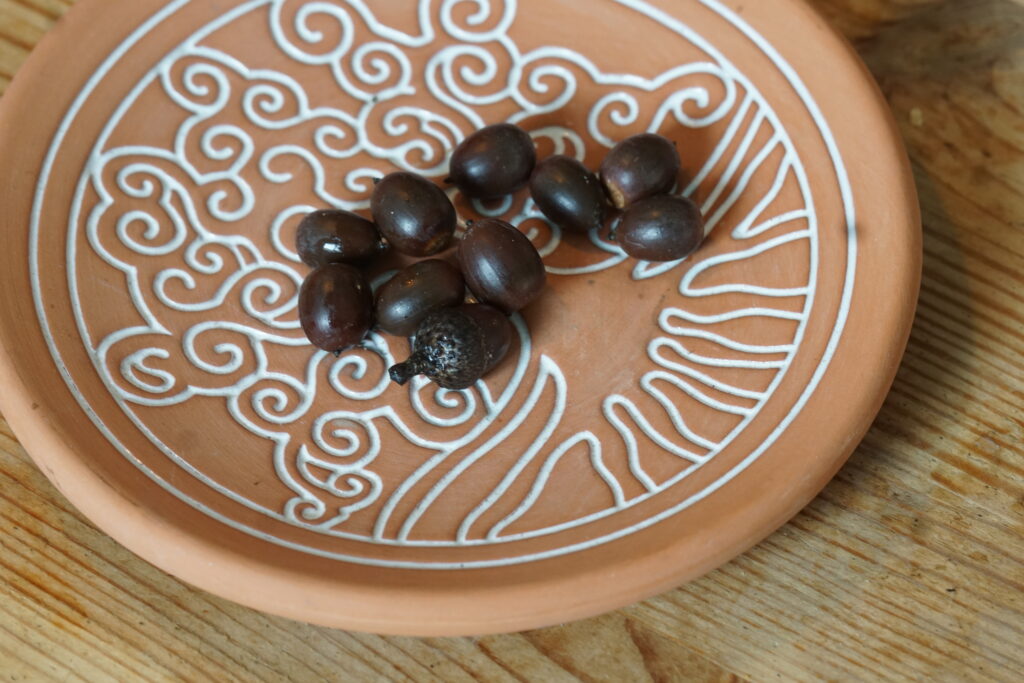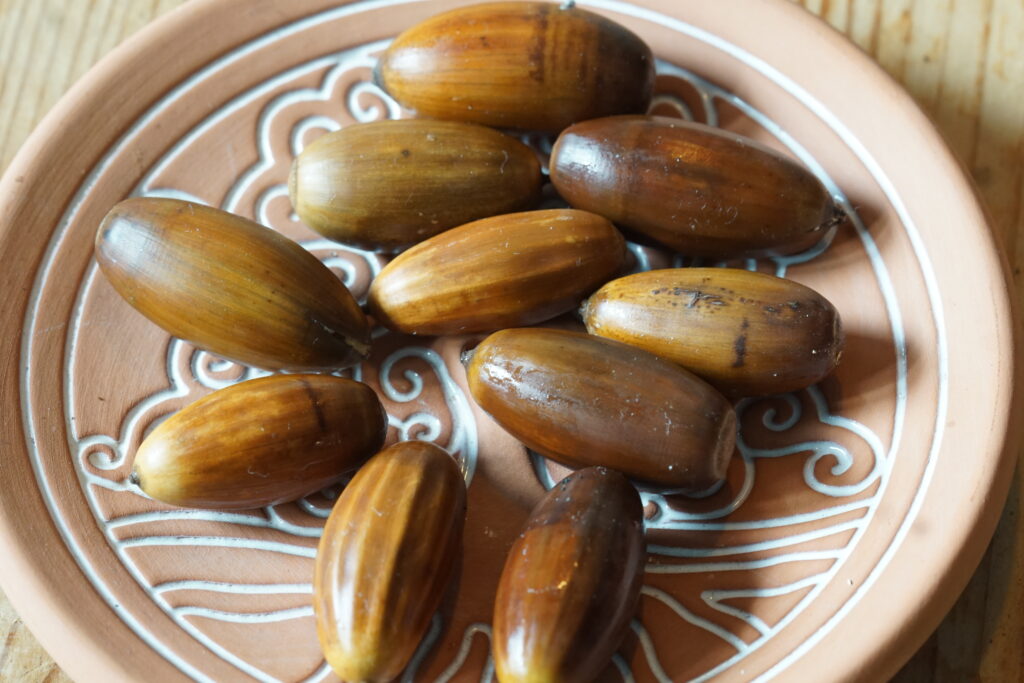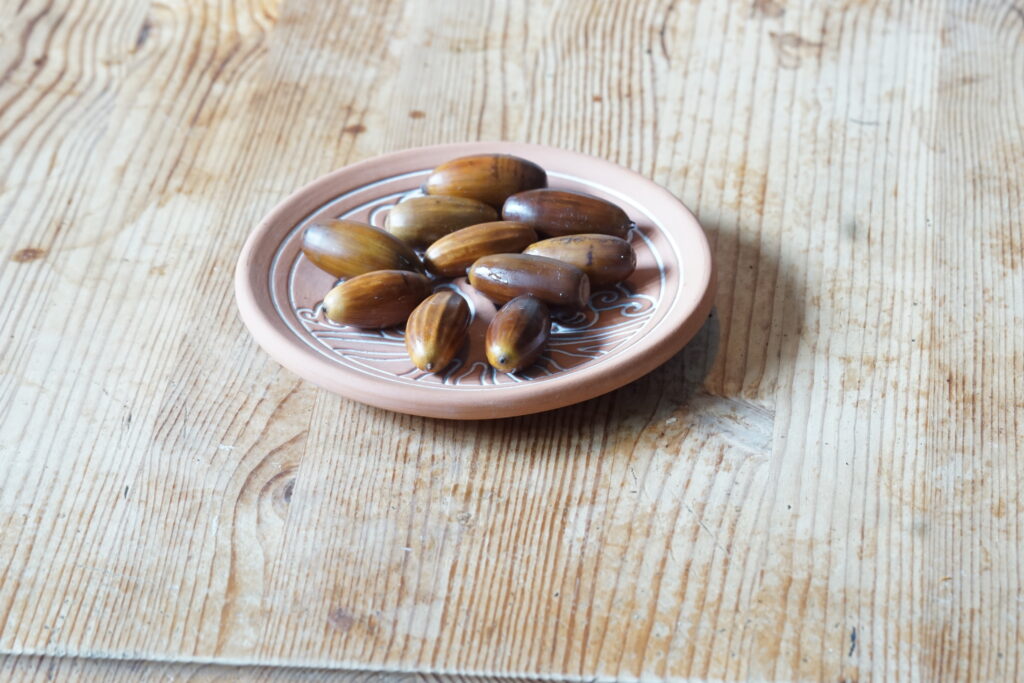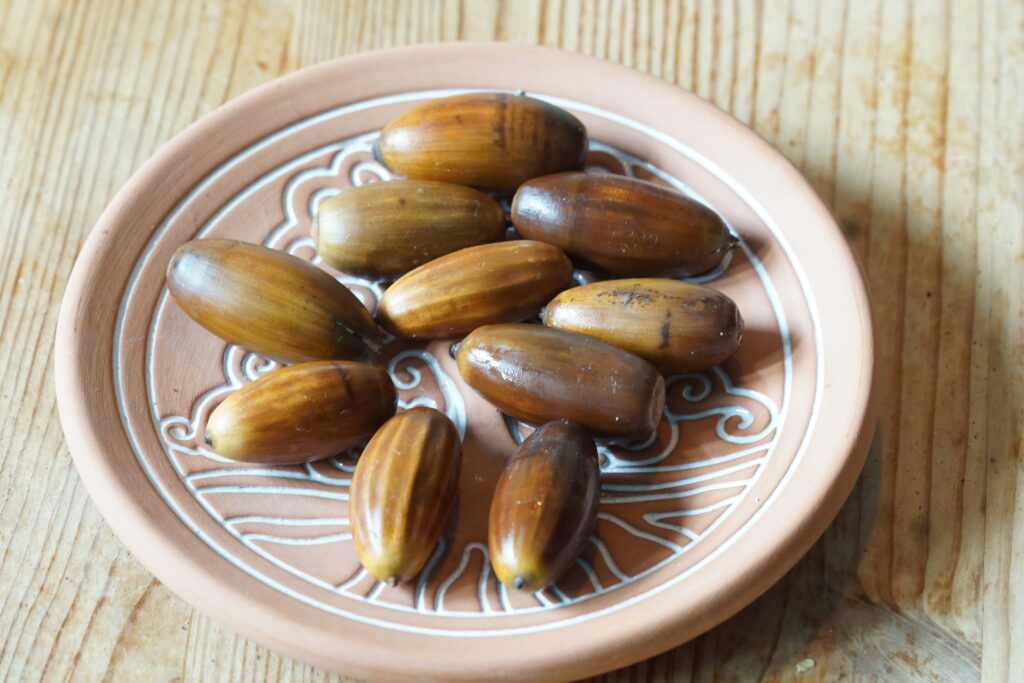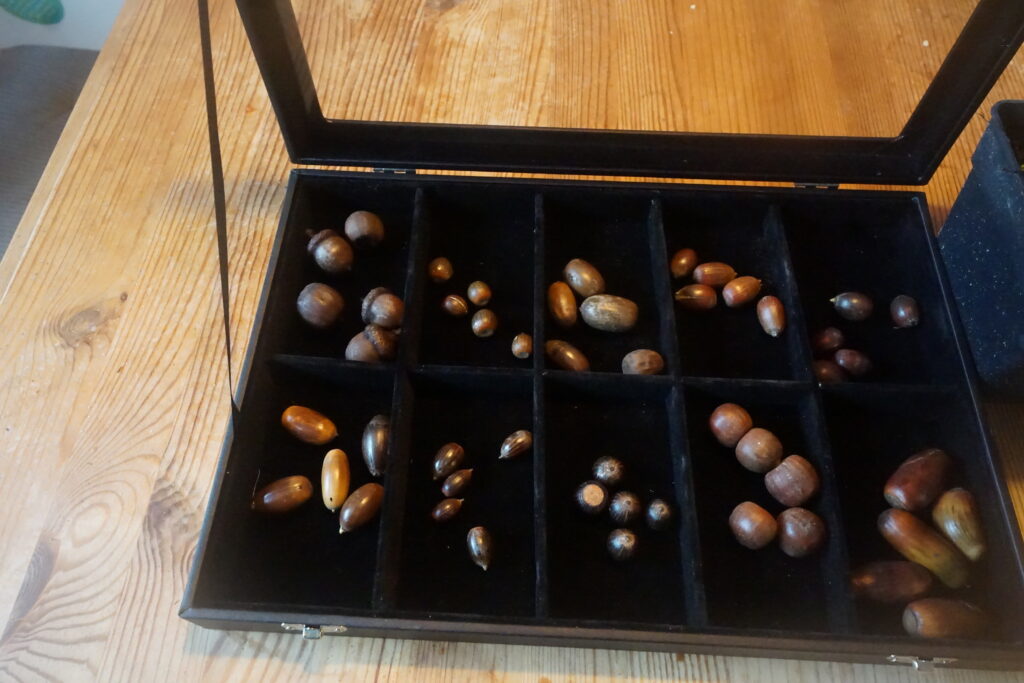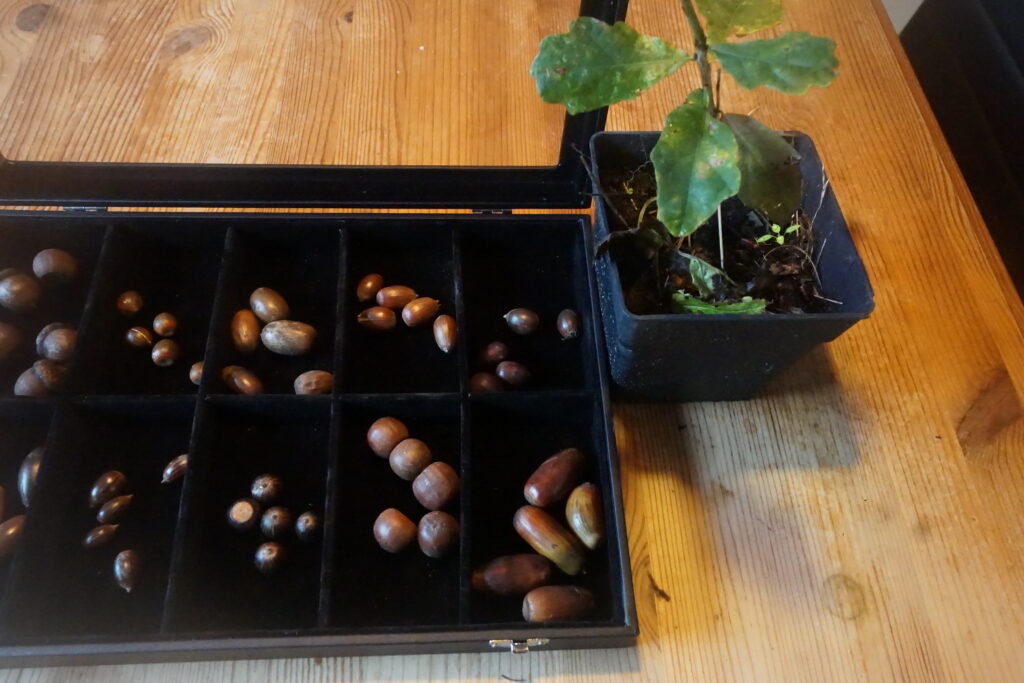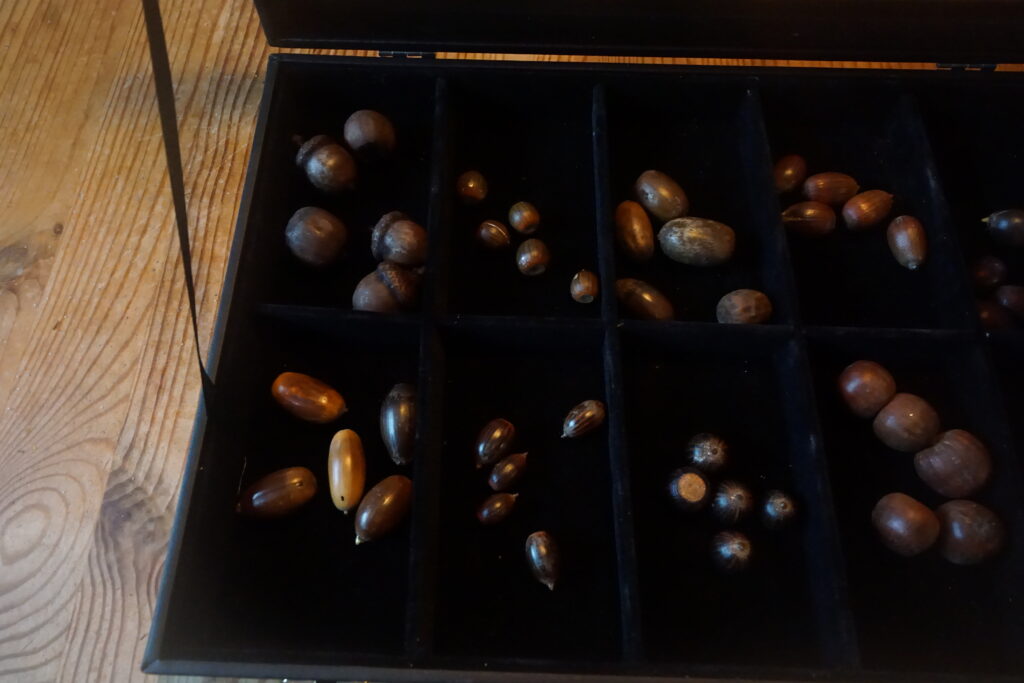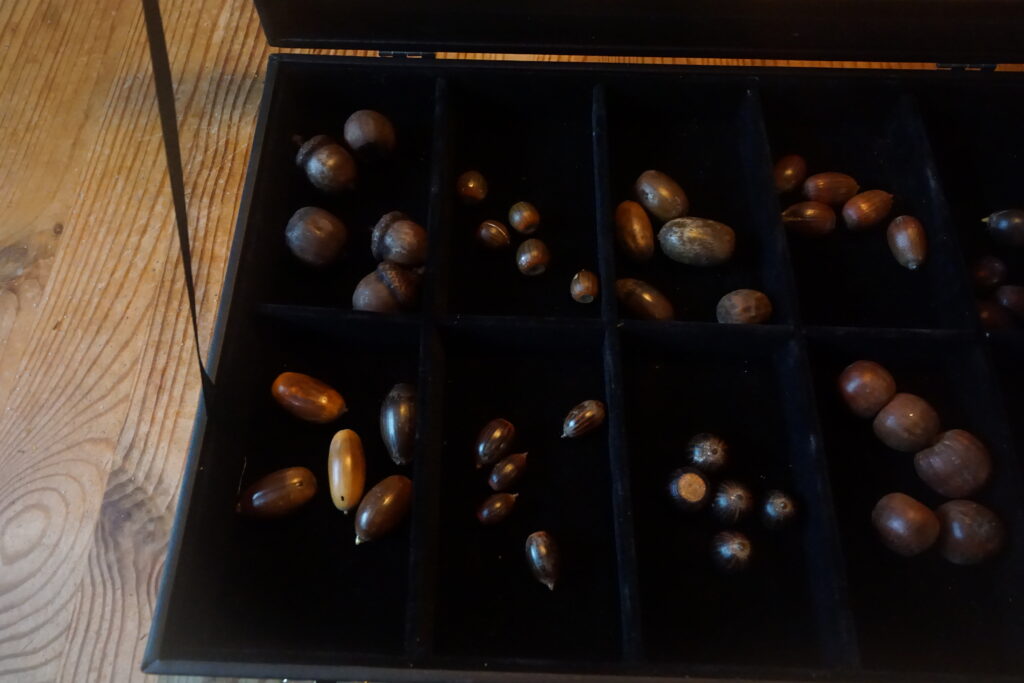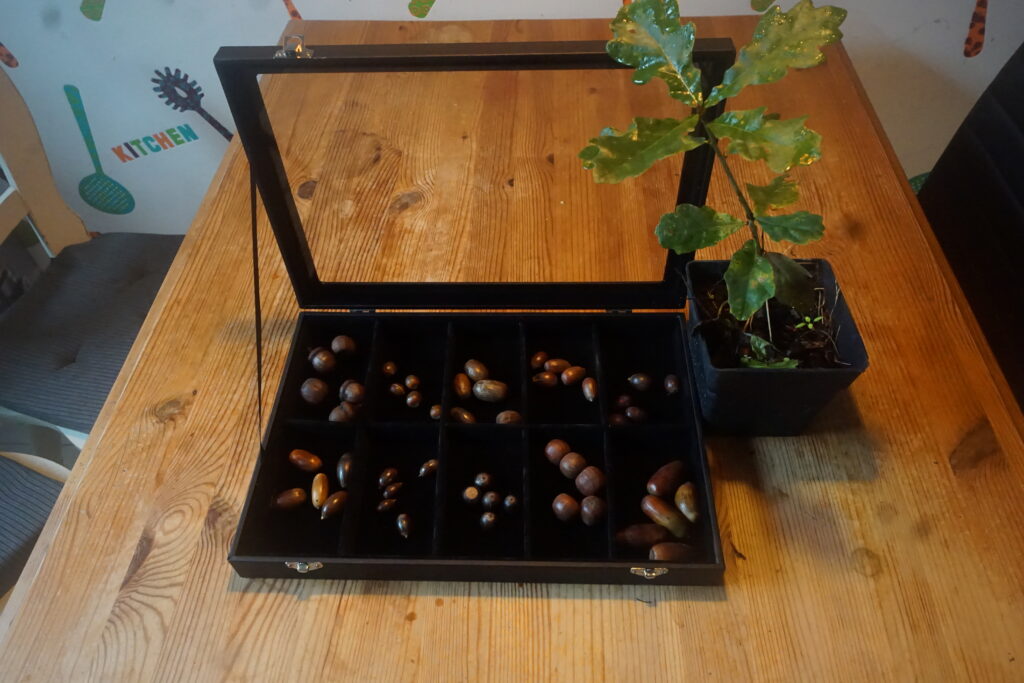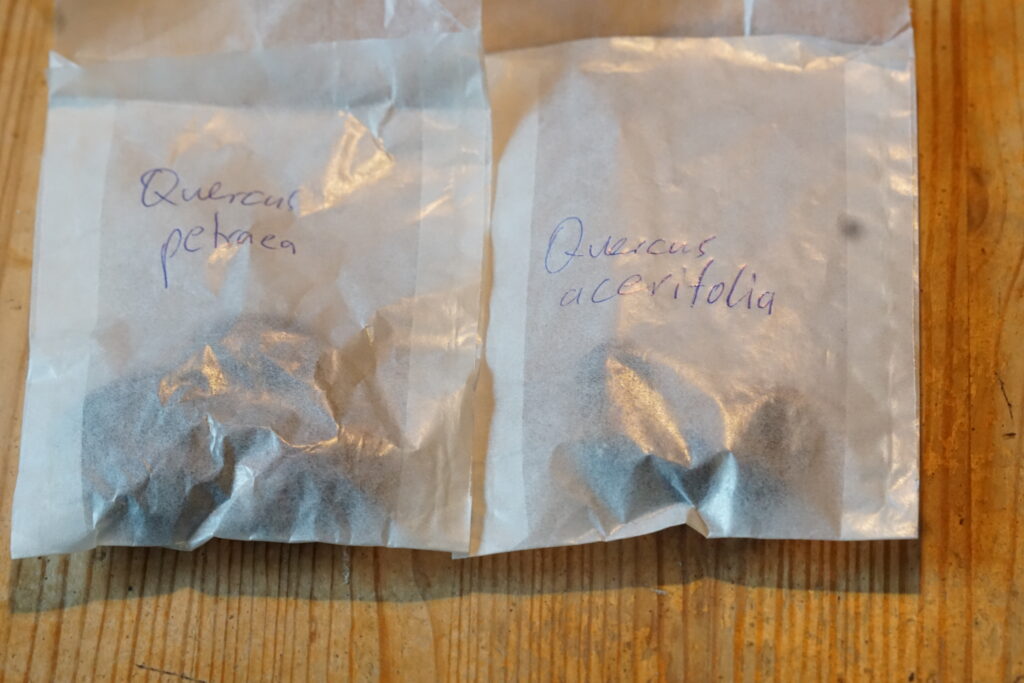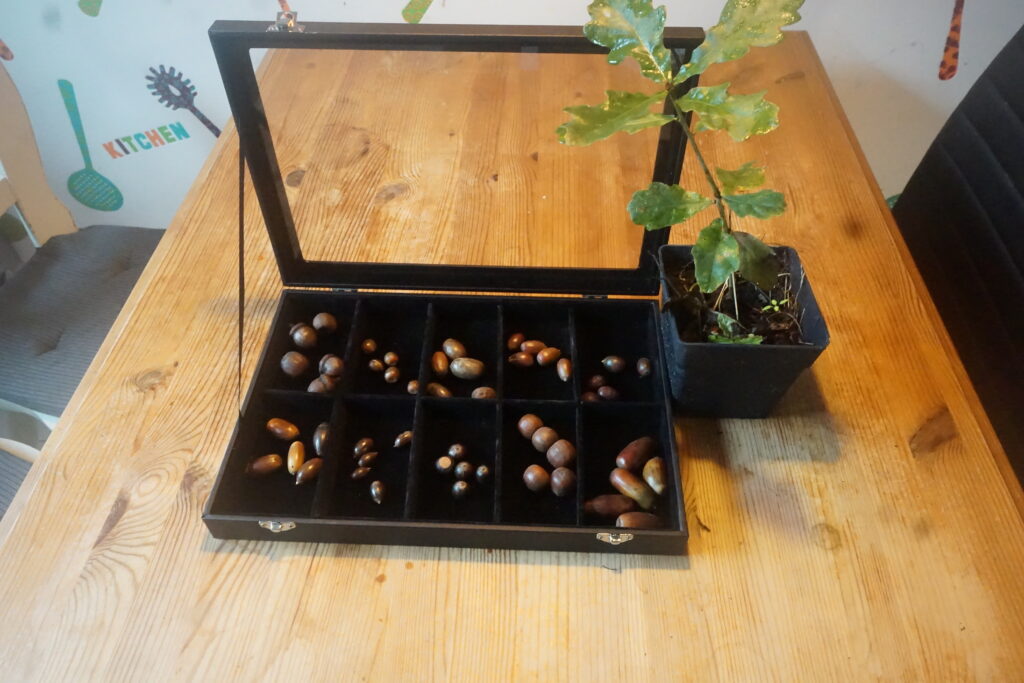Quercus pyrenaica (Pyrenean oak)
Quercus pyrenaica (Pyrenean Oak) is found especially in western southern Europe. It is common in Spain and Portugal. They can also be seen regularly in western France and Morocco.
Although it is called “Pyrenean Oak” it is rarely found in the Pyrenees.
It often grows in shrub form, but can also reach heights of up to 20 meters.
The very large leaves (up to 15 cm long and 9 cm wide) are striking. The leaves have yellow-gray felt-like hairs on both sides.
Dryness she tolerates very well. It also feels quite comfortable on acidic soils. Lime likes them very much. It also accepts sandy soils. It is resistant to frost and also tolerates road salt. Their wind resistance is also good. Since it does not tolerate paving, it is conditionally suitable as an urban tree. However, their resistance to pollutants is quite good. In Central Europe they are always found in parks or arboretums. It also tolerates wetness.
The southern European flair that it exudes is impressive. People who love vacations in Portugal or Spain, appreciate this tree very much. It likes locations flooded with light.
This very beautiful species can be purchased in acorn form here: https://quercus.guru/produkt/quercus-pyrenaica-pyrenaeen-eiche/
See also: https://de.wikipedia.org/wiki/Pyren%C3%A4en-Eiche
